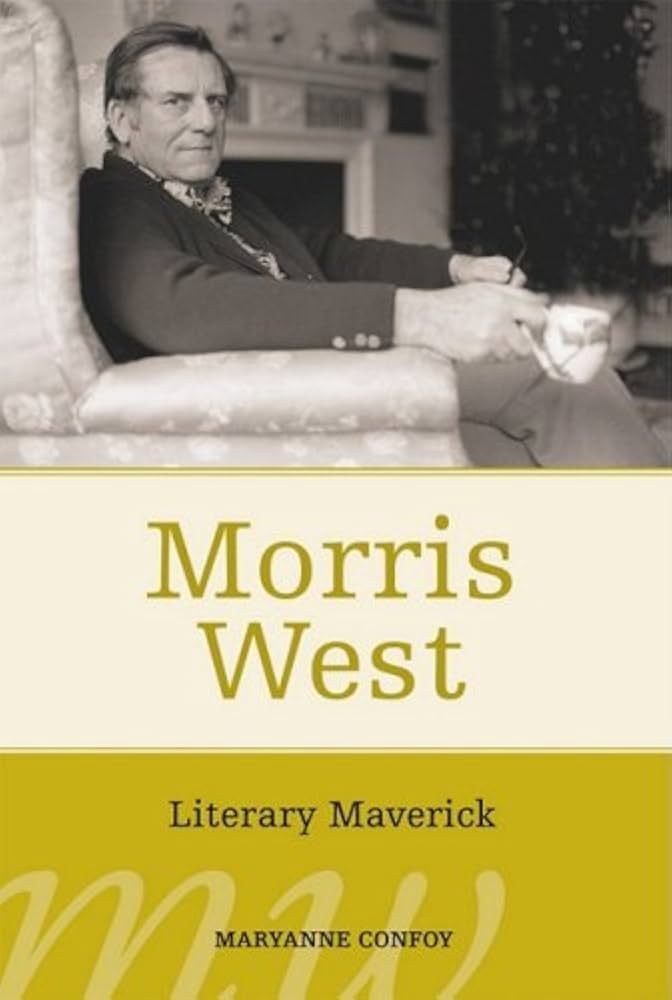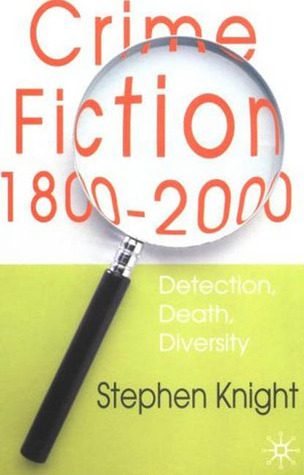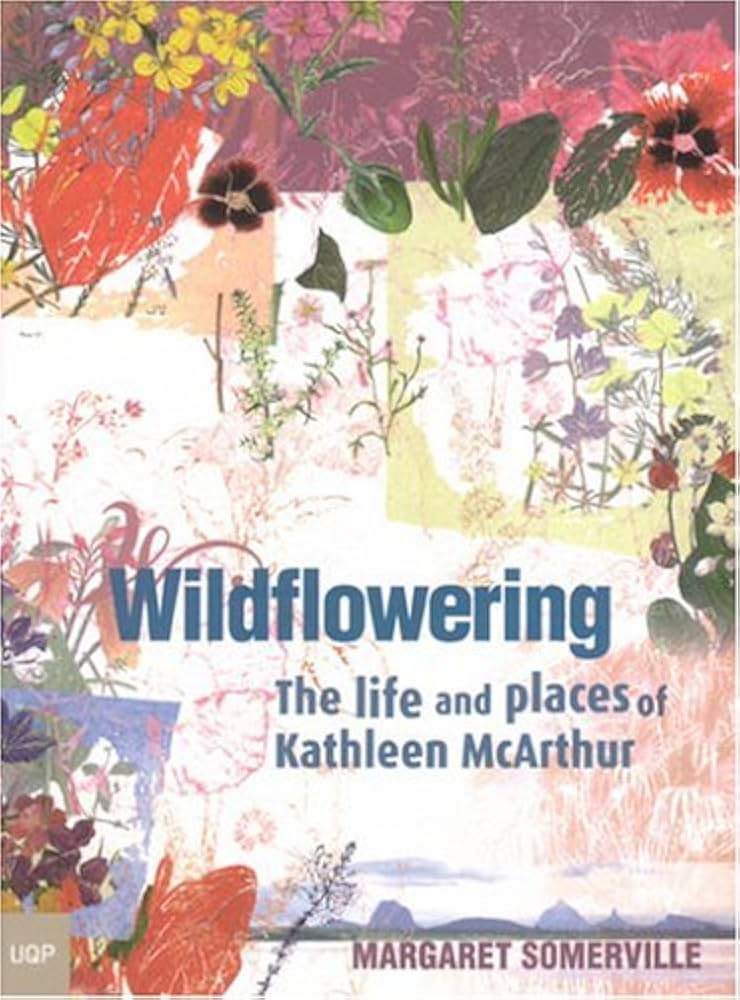Literary Studies
J.M. Coetzee And The Ethics Of Reading: Literature in the event by Derek Attridge
J.M. Coetzee and the Ethics Of Reading is both a deeply scholarly response to the work of a brilliant and challenging writer, and an act of advocacy for a particular mode of reading, which Derek Attridge characterises variously as ethical, literary, ‘attentive’ and scrupulously responsive to the text. This mode draws on practices of ‘close reading’, while proposing the ethics of ...
... (read more)For there is always going on within us a process of formulation and interpretation whose subject matter is our own selves.
These words appear towards the end of Erich Auerbach’s study of representation in Western literature, Mimesis. First published in 1946, the book has become a classic of twentieth-century literary criticism, but is almost as famous for the circumstances under which it was composed as for its content. It was written between 1942 and 1945 in Istanbul, where Auerbach, a German Jew, was living in exile.
... (read more)Few Australian authors have been so prolific or so well-rewarded for their labours: twenty-six novels, as well as plays and a reluctant memoir; not to mention advances – in the 1960s – of hundreds of thousands of American dollars per book. How many of our writers have sold copies of their works in tens of millions, let alone been translated into twenty-seven languages at last count? None has been so prescient in his fiction, whether predicting papal succession, international terrorism, the quagmire of Vietnam, or another Arab–Israeli war. Yet the author of whom all this is more or less true is largely without critical honour in his own country. The author is Morris West (1916–99), who had the distinction of emulating Charles Dickens by dying at his desk with an unfinished manuscript before him. In West’s case, this was The Last Confession (2001), another of his attempts to understand the brave heretic and Renaissance martyr Giordano Bruno. Of Bruno, West wrote ‘the better I knew him, the more modern I found him’.
... (read more)Crime Fiction by Stephen Knight & The Cambridge Companion to Crime Fiction edited by Martin Priestman
‘It is escape not from life, but from literature.’
(Marjorie Nicolson on the detective genre,
‘The Professor and the Detective’, 1929)
I began reading crime fiction in the 1950s and became serious about it in the 1960s, searching out what scholarship there was then about its history and development, its types and practitioners. So I am probably an atypical reader (and reviewer) of these two books. I read them with the pleasure of familiarity and recognition, being reminded of things I hadn’t thought of in a long time. No little part of that pleasure lies in seeing how others assemble and weigh the components of this genre’s history.
... (read more)Dance of the Nomad: A study of the selected notebooks of A.D. Hope by Ann McCulloch
Here is an entry in one of A.D. Hope’s notebooks: it is from 1961: ‘Ingenious devices for letting in the light without allowing you to see out, such as modern techniques provide – e.g., glass brick walls, crinkle-glass, sanded glass and so on – remind me very much of most present-day forms of education.’ This is a representative passage from the notebooks. Lucid itself, it bears on elements of frustration or nullification in experience. As such, it testifies to Hope’s recurrent sense that human beings can easily mislocate their ingenuity, with results that are both memorable and regrettable. In a later notebook, in 1978, speaking of the labyrinth as a model of human life, he writes: ‘Looking back one sees that comparatively trivial blind choices have often determined one’s course and that the majority of people do end up in blind alleys.’ One might contest the generalisation, but will not easily forget the analogy.
... (read more)This year for the third year in a row, Black Inc. is reprinting writing from HEAT in one of its ‘Best Australian’ anthologies, without seeking my permission as the magazine’s editor and publisher. They can do this because there is a legal loophole in Australia’s literary culture – literary magazines in this country do not normally have contracts with their authors. It is conventional to ask magazine editors for their permission before reprinting work that has appeared in their pages; but the fact is, if the author’s permission can be won it is entirely irrelevant, from a legal point of view what the magazine editor thinks.
... (read more)The Best Australian Essays 2004 edited by Robert Dessaix
Since the publication of the inaugural Best Australian Essays in 1998, Black Inc.’s ‘Best’ series has grown into an impressive franchise that now takes in the Best Australian Stories, Best Australian Poems and Best Australian Sportswriting. That, until this year, the essays, stories and regular Quarterly Essay should all have had a single editor, Peter Craven, seems in retrospect quite extraordinary. It was perhaps inevitable that such an empire would eventually fragment – evolving, say, into a rotating series of guest editorships under Craven’s direction. But his departure from Black Inc. early this year, after a disagreement with publisher Morry Schwartz over the future of the Quarterly Essay series, came as a shock to followers of this series.
... (read more)Cultural Studies Review edited by Chris Healy and Stephen Muecke & Griffith Review 5 edited by Julianne Schultz
In the latter decades of the twentieth century, the idea of ‘culture’ was radically democratised. The meaning of the word shifted away from the old, exclusive definition – culture as ‘the best which has been thought and said in the world’, as Matthew Arnold put it in 1869 – and became a more inclusive concept that took in popular forms. We have become used to the idea that there is no clear dividing line between high and low. There is something liberating about having the freedom to treat popular cultural forms as the objects of serious attention. Even Meanjin, the most venerable and literary of these three journals, can publish an essay – an interesting. well-written and intelligent essay – on a pair of television soaps without it seeming out of place alongside more traditional subjects. But while some barriers fall, others go up. Cultural studies, as the academic discipline that has sprung up to exploit this relatively new freedom, faces the question of whether it should direct itself toward a general, non-academic audience or police the distinction between ‘serious’ academic writing and the kind of analysis that might be found in the mainstream media.
... (read more)Vintage: Celebrating ten years of the Mildura writers' festival edited by Donata Carrazza and Paul Kane
Years before I had set foot in Italy, Masaccio’s frescoes, even in flat reproduction, opened a bright chink into a time and place not my own. There were the indelible faces, the bustle, colour, the human jousting – life so vivid, foreign and shockingly familiar. Vintage is the literary harvest of ten years of a writers’ festival in Mildura. If, like me, you have never been, this is your Masaccio ticket of entry into a decade of conversations, poems, stories, essays, recipes, letters, music and song. Vintage could be a ragbag, but it isn’t. It could be a self-congratulatory riff, but it isn’t, because the writing is of such quality and because the presiding figure of Stefano de Pieri gives the volume coherence and verve.
... (read more)Wildflowering: The life and places of Kathleen McArthur by Margaret Somerville
‘Wildflowering’, a term coined by Judith Wright, describes the activity of searching for wildflowers in the bush. In letters between the poet and her friend, wildflower artist, writer and activist Kathleen McArthur (1915-2001), ‘the language of flowers’ becomes part of the mutual exchange of their friendship and epitomises the interactive and intimate relationship they maintained with landscape. Over the years, these women took the knowledge and love of their places into political campaigns to preserve the fragile ecology of an ancient coastland against the ravages of development and commercial exploitation.
... (read more)








